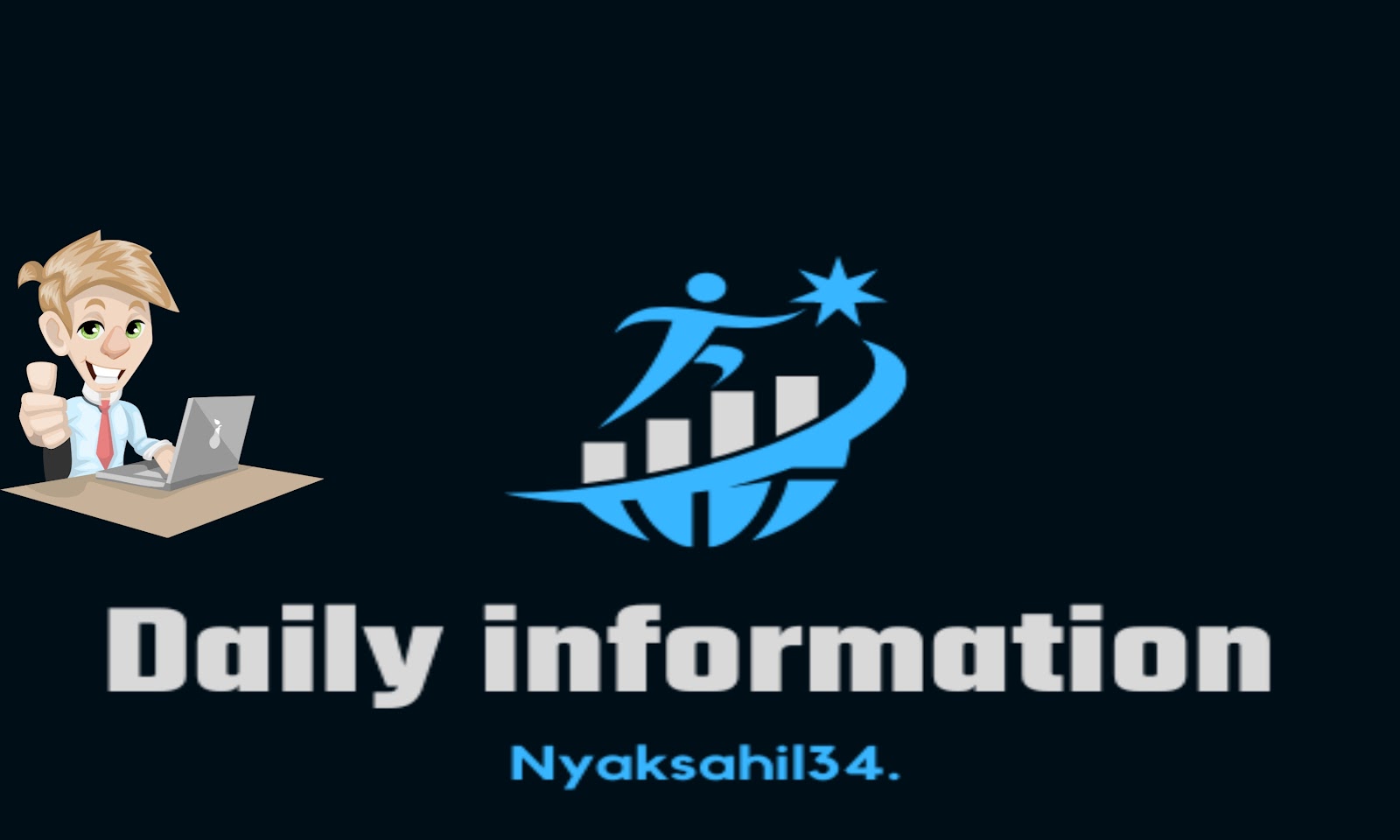Artificial Intelligence VS Healthcare industry
Artificial Intelligence VS Healthcare industry
One of the key areas where AI is being applied in healthcare is medical imaging. With the use of deep learning algorithms, AI can assist radiologists in analyzing medical images such as X-rays, CT scans, and MRI scans. AI algorithms can quickly identify and detect abnormalities in medical images, reducing the time and effort required for human interpretation. Furthermore, AI can assist in diagnosing and monitoring various medical conditions such as lung cancer, heart disease, and diabetic retinopathy.
Another area where AI is being applied in healthcare is drug discovery and development. With the use of machine learning algorithms, AI can analyze vast amounts of data from various sources such as clinical trials, electronic health records, and scientific literature to assist in the discovery of new drugs. AI can also help in the optimization of clinical trials by reducing the time and cost of drug development, and by identifying patients who are most likely to respond to specific treatments.
AI is also being applied in the field of personalized medicine. With the use of AI algorithms, healthcare providers can analyze a patient's genetic information, medical history, and other data to create a personalized treatment plan. This not only improves patient outcomes, but it also reduces the risk of adverse reactions and helps healthcare providers select the most effective treatments for each patient.
In addition to improving patient outcomes, AI is also being used to improve the efficiency and cost-effectiveness of healthcare delivery. With the use of AI-powered chatbots and virtual assistants, healthcare providers can quickly and easily answer patient questions, triage patients, and assist with scheduling appointments. This helps to reduce wait times, improve patient satisfaction, and free up healthcare providers to focus on more complex cases.
AI is also being applied in the field of telemedicine, which is becoming increasingly important as the world continues to face the COVID-19 pandemic. With the use of AI-powered video conferencing and remote monitoring technologies, healthcare providers can remotely diagnose and treat patients, reducing the risk of exposure to the virus. This is particularly important for patients in remote or rural areas, who may not have access to in-person medical care.
However, there are also some challenges associated with the use of AI in healthcare. One of the biggest challenges is ensuring that AI algorithms are reliable and accurate. To do this, AI algorithms must be trained on large and diverse datasets, and must be validated using rigorous testing methods. There is also a need to ensure that AI algorithms are transparent, interpretable, and accountable, to ensure that healthcare providers and patients have confidence in the results generated by these algorithms.
 |
| Artificial Intelligence VS Healthcare industry |
Another challenge associated with the use of AI in healthcare is data privacy and security. Healthcare data is sensitive and confidential, and it is crucial that this data is protected from unauthorized access and breaches. This requires the use of secure and encrypted systems, and the development of policies and procedures to ensure the responsible use of healthcare data.
In conclusion, AI is transforming the healthcare industry in a number of important ways. By improving patient outcomes, reducing costs, and transforming the way healthcare providers deliver care, AI has the potential to revolutionize the entire healthcare system. However, there are also some challenges associated with the use of AI in healthcare, and it is important that these challenges are addressed to ensure that the full potential of AI can be realized in this industry.





Post a Comment